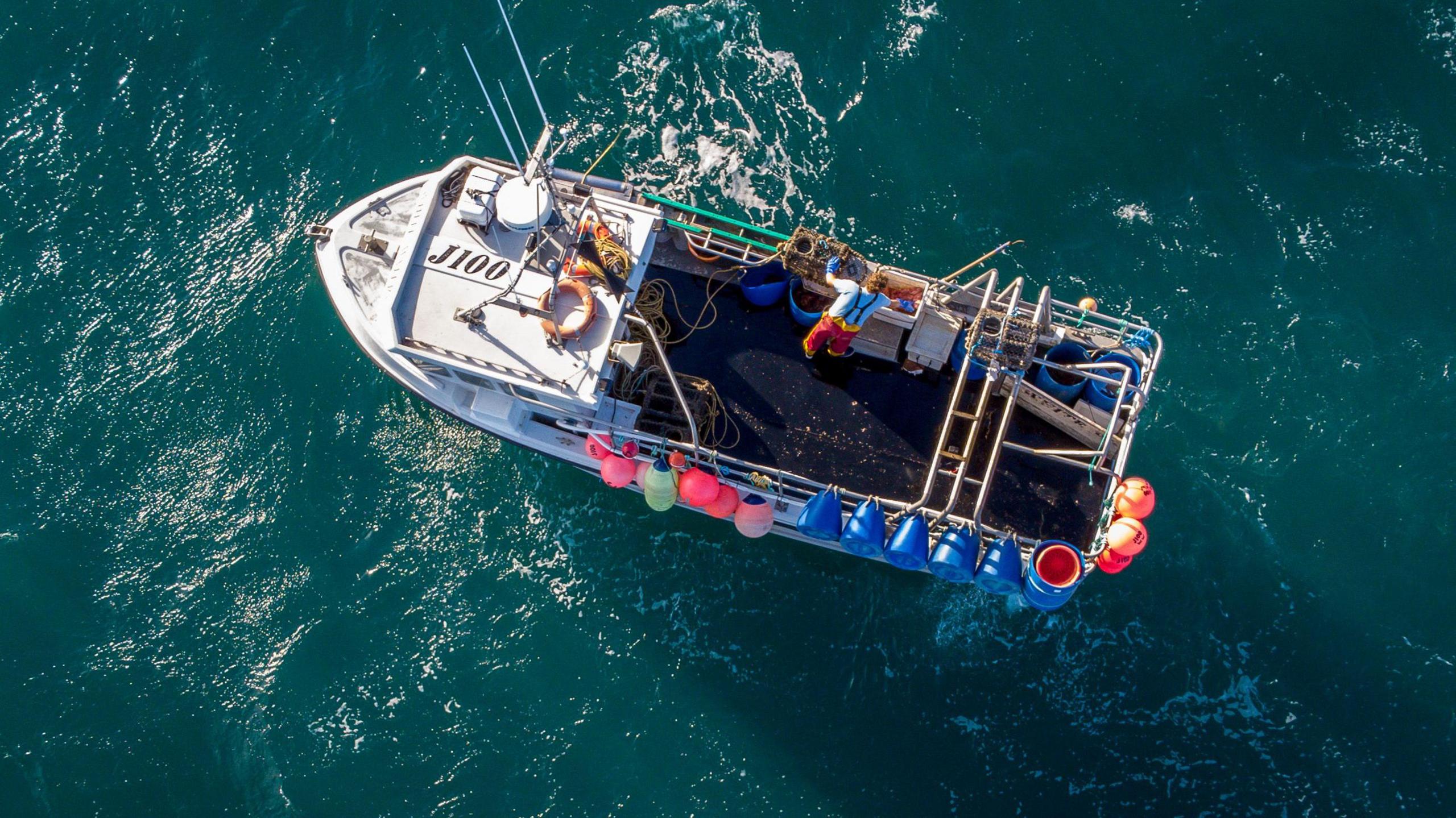Fisherman quits amid rising costs and red tape
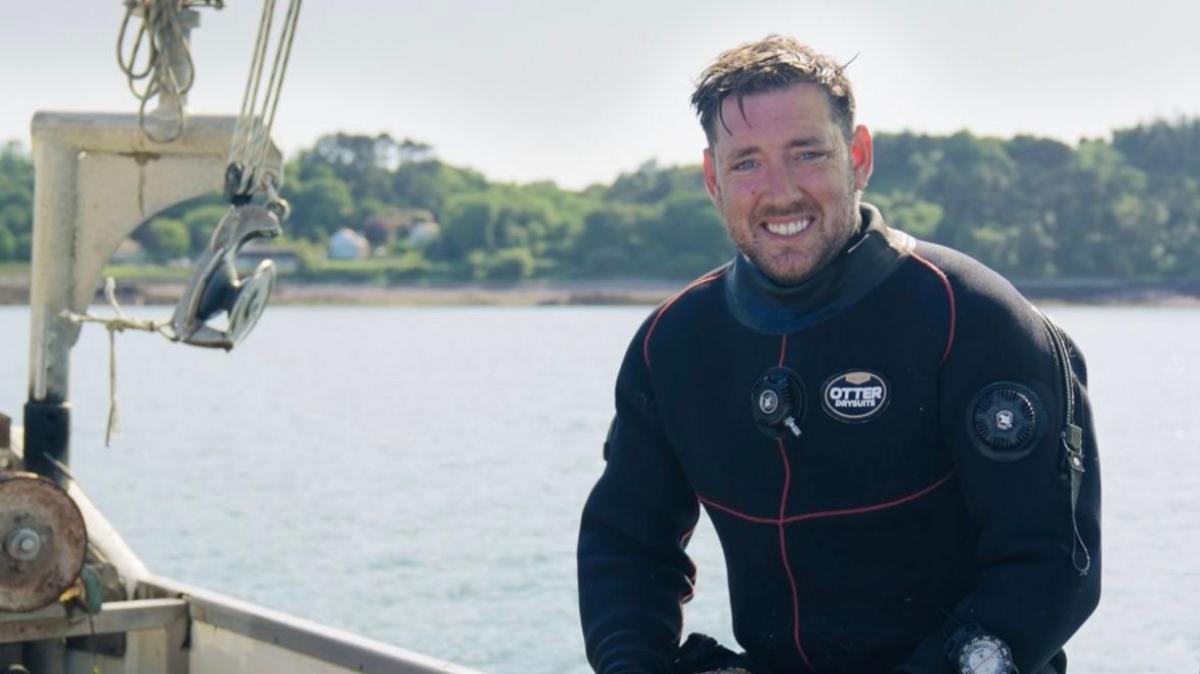
Toby Greatbatch, 35, from GreatCatch Seafood, started fishing at 17 but has now put his boat up for sale
- Published
A Jersey scallop fisherman is leaving the trade after nearly two decades, saying spiralling costs, post-Brexit red tape and lack of government support have made it impossible to carry on.
Toby Greatbatch, 35, from GreatCatch Seafood at St Catherine, started fishing at 17, but has now put his boat up for sale and said he planned to retrain in a separate industry in November.
"I've got a young family to think about. I can't make it work anymore," he said.
Government ministers said they recognised the sector's struggles and said more aid was being offered, but added some of the challenges were beyond politics, including environmental situations.
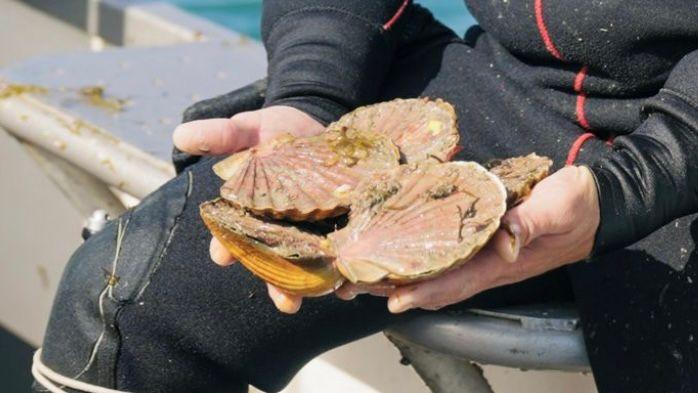
Each catch must be inspected by a Jersey vet, exported through St Malo – the only approved port
Mr Greatbatch said freight costs for sending his scallops to France had more than quadrupled since Brexit.
"It [had] cost about £208 return to get my scallops to France. Now it's £875," he said.
Each catch must be inspected by a Jersey vet, exported through St Malo – the only approved port – and checked again by a French vet before reaching buyers in Carteret.
He also criticised Jersey's licensing system, saying he paid £24,000 for his licence while French fishermen were issued theirs for free.
Mr Greatbatch said he still hoped things might improve for those staying in the trade.
He said: "Fishing's all I've ever known.
"It's sad to be leaving - but right now, there's just no way to make a living from it."
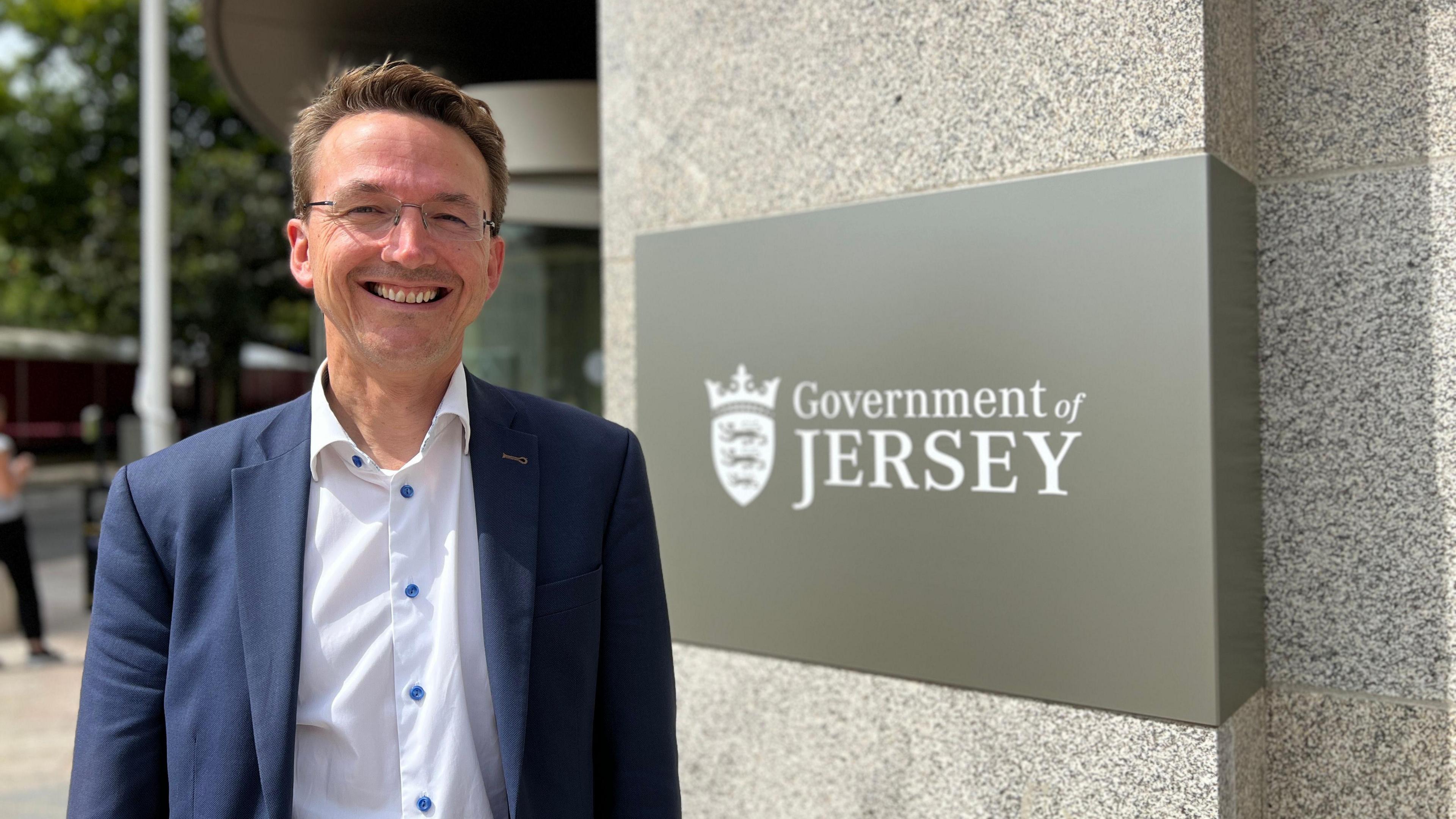
Deputy Kirsten Morel: "The challenges facing the fishing industry aren't just political, they're environmental"
Deputy Kirsten Morel, Minister for Sustainable Economic Development, said the government recognised the sector's struggles - but warned some challenges were beyond politics.
He said: "The challenges... aren't just political, they're environmental.
"The seas around Jersey are warming. We're seeing new species arrive - octopus, for example - which eat shellfish, lobster and other species our fishermen rely on. That's incredibly hard to fix."
But he also admitted the impact of Brexit had been severe, despite claims made by Brexiteers at the time.
He said: "We've had reports of difficulties with exports and border checks.
"Some progress is being made through dialogue with French regional counterparts, but it's slow and difficult."
Morel said efforts continued to secure a second export inspection post in Granville (Carteret) to ease freight pressure, but delays within the French government had stalled progress.
"The problems are so severe that it's not possible to work quickly enough," he said.
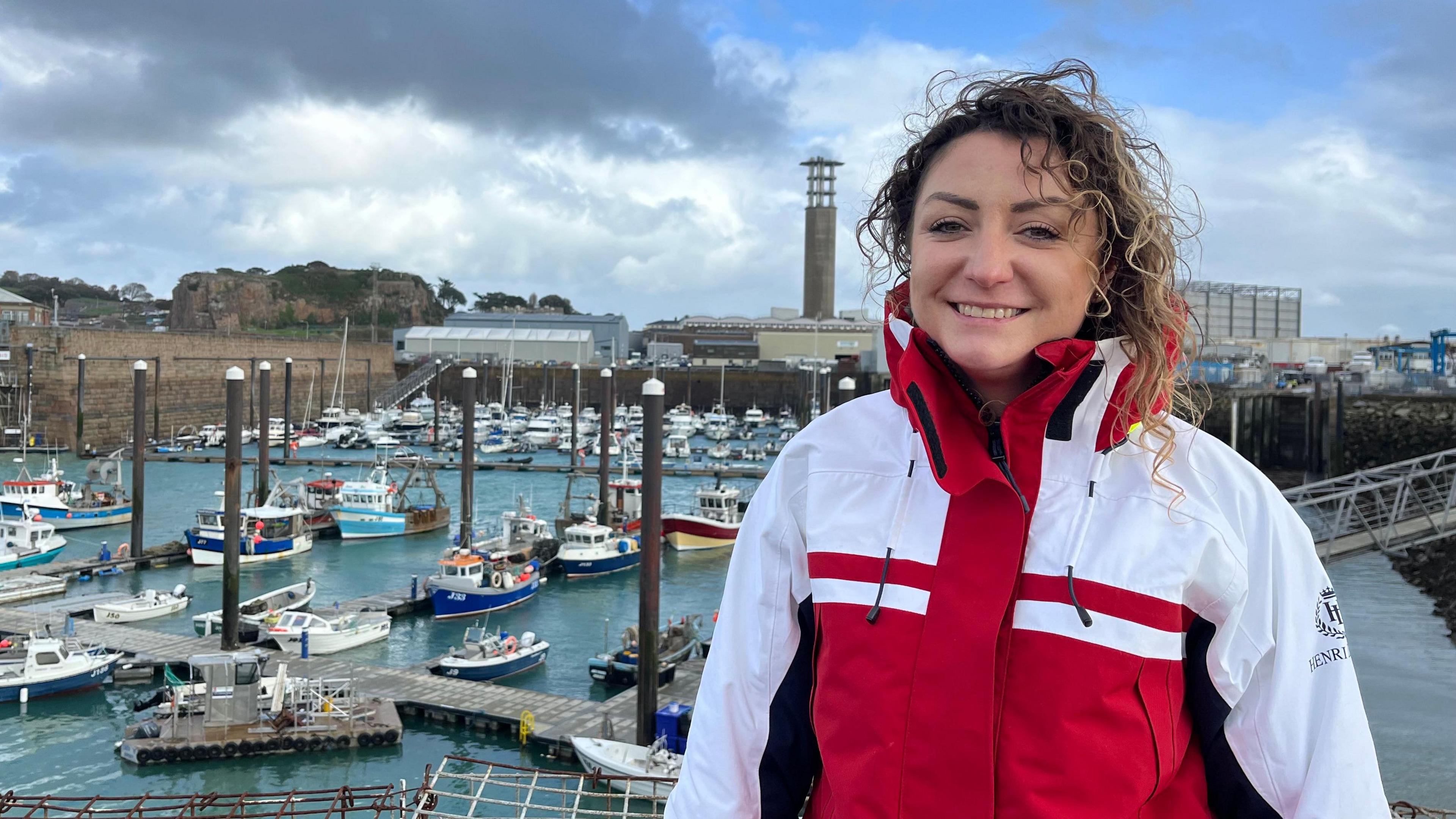
Gaby Mason urged the public to support local fisheries, even by "switching one item a week"
The minister confirmed Jersey had begun offering direct financial support to fishers for the first time – similar to aid available to farmers – but added the industry needed to evolve to survive.
He said: "I think it's unlikely we can just rely on catching fish and selling it.
"We may need to find ways to add value – perhaps through processing or developing a 'quality Jersey' brand."
He added the government was working with the fishing industry and Environment Minister Steve Luce on a long-term plan to make the sector more sustainable.
Gabby Mason, from the Jersey Fishermen's Association, agreed there was still reason for optimism, saying the industry "could be sustainable into the future" if it adapted and found new solutions.
She urged the public to support local fisheries, even by "switching one item a week", which she said could create a "massive chain reaction of good".
Mason also noted that changing sea temperatures could bring new opportunities, with warmer waters attracting new species that "could give the industry a stronger, more sustainable future."
She highlighted tuna as an example, saying it "is now proving to be a sustainable source of food and could make a real difference for local boats if we adapt our policies to catch it".
Key pressures facing Jersey's fishing industry
Declining fish stocks: Warming waters and overfishing are reducing catches of whelks and lobsters
Brexit bureaucracy: Export paperwork, veterinary checks and customs delays are causing costly hold-ups
Restricted fishing zones: Expanding marine protected areas are limiting where local boats can fish
Rising costs: Fuel, bait and maintenance prices continue to squeeze profits
Ageing workforce: Few young islanders are joining the trade due to high costs and low returns
International tensions: Disputes with French fishers and complex licensing rules add uncertainty
Follow BBC Jersey on X, external and Facebook, external. Send your story ideas to channel.islands@bbc.co.uk, external.
Related topics
- Published2 August
